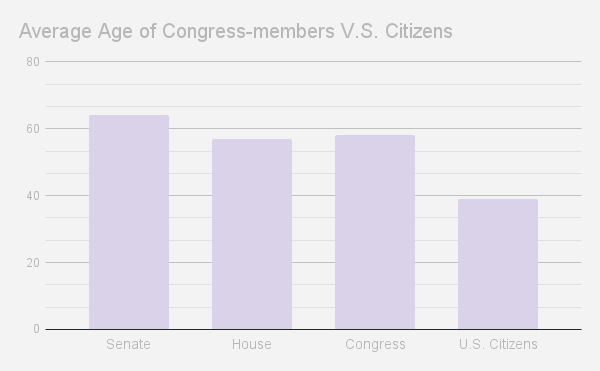Phantom Thread – Movie Review
Daniel Day-Lewis, heralded as the greatest actor who ever lived by many (including myself), gives us a slam-dunk as he turns in what is reportedly his final performance in Phantom Thread. Day-Lewis reteams with writer and director Paul Thomas Anderson, who last collaborated together in There Will Be Blood (which scored Day-Lewis his second Oscar), for a historical drama set in post-World War II London. Yes, I know, that sound boring- but the pure genius of the film’s actors and its writer/director makes it completely riveting throughout its 130 minute running time.
The film truly feels as if it was made during the 1950s and even seems to draw inspiration from some of Alfred Hitchcock’s most acclaimed movies, such as Vertigo. Day-Lewis’s character, an egotistical designer named Reynolds, bears a heavy resemblance to James Stewart’s character in Vertigo, just as Vicky Kriep’s character and Reynolds’s muse, Alma, resembles Kim Novak’s role in Vertigo. Throughout the film there is a sustained sense of dread that permeates each scene, and while there is never physical violence between the two principal characters, it is certainly emotionally brutal.
As I had previously mentioned, Day-Lewis’s character is an egotistical control-freak, who proclaims that his day can be upended by something as innocuous as someone next to him chewing their breakfast louder than he finds tolerable. Yet what he finds tolerable is far less than what a normal person would. Once he meets Alma, a young waitress and wild-card, the “do-not-mess-with-me” demeanor that he puts around him is tested. Soon after their first meeting, Alma moves in with him into his large London house, which also doubles as where Reynolds’s does much of his designer work. Reynolds’s sister, Cyril, is also his co-worker who handles more of the business-side of Reynolds’s work. At first, you’d expect that since Cyril is portrayed as being “no-nonsense,” she would try her hardest to send Alma packing and on her way. Thankfully, though, that cliche is deterred before too long. Without getting too into the film’s plot, the film heavily explores the dynamics of an odd relationship and how what seems harmless to one person can be drastic to another.
Day-Lewis does indeed go out with a bang, giving a performance of the caliber of some of his best work, such as “The Last of the Mohicans,” which Noah Landsberg says is his favorite Day-Lewis performance. Given the prestige in front of and behind the camera, it is immensely satisfying that the film reaches a quality that one would expect, and should receive multiple award nominations and wins within the coming months.
Rating: A












